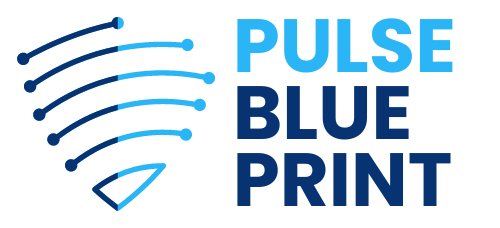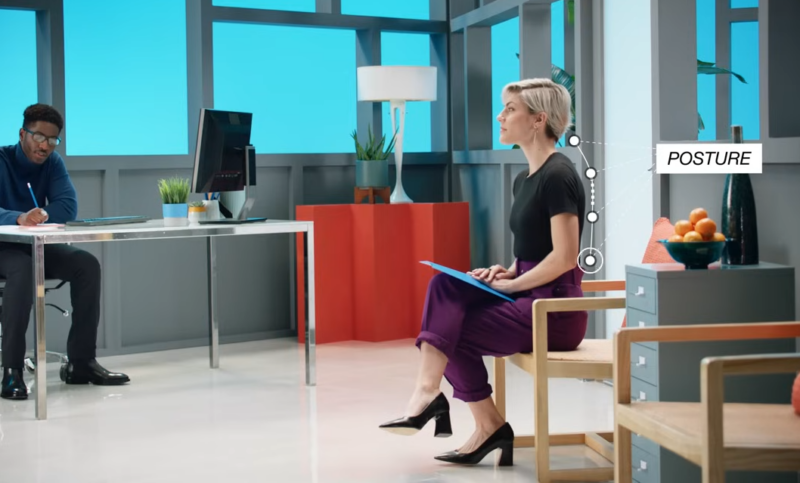We’ve all been there—nervous, sweaty palms, heart pounding, waiting to be called into the interview room. Job interviews can be really intimidating. But what if I told you a few simple persuasion techniques could make all the difference?
When I was fresh out of college, I had no clue how to present myself well. It wasn’t until I learned these tricks that my success rate in interviews shot up. Let me share the most effective persuasion techniques to help you ace your next job interview.
First impressions are very important
Within the first few seconds, interviewers form opinions based on your appearance and body language. These initial judgments can significantly influence the outcome of your interview. You might have stellar qualifications, but if your appearance and demeanor don’t reflect professionalism, you could be overlooked. While the first impression is very important for white collar jobs, it is not so important for blue collar jobs.
Dress for success
Dress appropriately for the company culture. Research the company to understand its dress code. When in doubt, it’s better to be slightly overdressed than underdressed. Your attire should convey professionalism and confidence.
A well-chosen outfit not only shows respect for the company but also boosts your self-confidence. Your goal is to look polished and professional, not flashy or casual.
Body language speaks volumes
Your body language can reinforce or undermine what you say. Maintain good posture, offer a firm handshake, and make eye contact. These gestures signal confidence and engagement. Avoid crossing your arms or fidgeting, as these can indicate nervousness or defensiveness.
Positive body language includes nodding to show understanding and leaning slightly forward to express interest. It’s not just about what you say; it’s about how you present yourself.
Be prepared
Preparation is key to demonstrating your value and fit for the role. Walking into an interview unprepared is like going to a battle without a plan. When you prepare thoroughly, you not only boost your confidence but also show the interviewer that you are serious about the opportunity.
Research the company thoroughly. Understand its mission, values, and recent achievements.
This shows you’re genuinely interested in the company and aligns your responses with their goals. Knowing the company’s latest news and developments can help you tailor your answers to demonstrate how you can contribute. This level of preparation can set you apart from other candidates who might only have a surface-level understanding of the company.
Practice common questions
Rehearse answers to common interview questions. This preparation helps you respond confidently and concisely. Use the STAR method (Situation, Task, Action, Result) to structure your answers, highlighting your accomplishments effectively.
Practicing answers out loud can help you refine your responses and ensure you sound natural during the actual interview. Anticipating tricky questions and preparing thoughtful answers can give you an edge over less-prepared candidates.
Find common ground
Building a connection with your interviewer can make the conversation more comfortable and memorable. Rapport is the foundation of effective communication and can create a positive and lasting impression. When you build a good rapport, the interviewer is more likely to see you as a potential colleague rather than just another candidate.
Look for commonalities with your interviewer, it can create a sense of familiarity and trust. Mentioning these commonalities subtly during the conversation can make you more relatable. Establishing a personal connection can help ease the tension and make the interview feel more like a natural conversation.
Practice active listening
Show that you’re engaged by practicing active listening. Nod, smile, and use verbal affirmations like “I see” or “That’s interesting.” This not only shows respect but also keeps the conversation dynamic and interactive.
Active listening demonstrates that you value the interviewer’s insights and are fully present in the moment. It also helps you respond more effectively and thoughtfully to their questions and comments.
Use storytelling to showcase your skills
Storytelling is a powerful tool to illustrate your skills and experiences. It turns abstract qualifications into concrete examples that the interviewer can easily understand and remember. Stories are more engaging and memorable than simple statements of fact.
Share stories that demonstrate your skills and accomplishments relevant to the job. Make your stories compelling by detailing the challenges you faced, the actions you took, and the positive outcomes achieved.
Use anecdotes to stand out
Share a brief, relevant story that showcases your problem-solving skills or creativity. Personal stories can make your interview more engaging and relatable. These anecdotes can highlight your personality and make you more relatable as a candidate.
Ask insightful questions
Asking questions is a great way to show your interest and gather valuable information about the role and company. It demonstrates that you are proactive, curious, and genuinely interested in the position. The questions you ask can also provide insights into the company culture and job expectations.
- Prepare a list of insightful questions about the company culture, team dynamics, and growth opportunities.
- Avoid questions about salary or benefits in the initial interview unless the interviewer brings it up.
- Ask questions to clarify any doubts about the role or company. This demonstrates your thoroughness and ensures you have a clear understanding of what’s expected.
Clarifying questions can also help you determine if the job is the right fit for you. It’s better to understand the role fully before accepting an offer than to realize later that it’s not what you expected.
Show enthusiasm and positivity
Your attitude can significantly impact the interviewer’s perception of you. A positive, enthusiastic demeanor can make you more appealing as a candidate and create a more favorable impression. Enthusiasm shows that you are excited about the opportunity and can bring energy and positivity to the team. Show genuine excitement about the role and the company.
Genuine enthusiasm can also convey that you are likely to be a motivated and dedicated employee.
Stay positive while talking about previous jobs
Focus on positive aspects of your previous experiences. Even if discussing challenges, highlight what you learned and how you grew from those experiences.
Avoid speaking negatively about past employers or colleagues, as this can reflect poorly on you. Staying positive can demonstrate your resilience and ability to learn from difficult situations, which are valuable traits in any employee.
Follow-up as the final persuasion technique
Following up after the interview can reinforce your interest and leave a lasting impression. It shows that you are serious about the opportunity and appreciate the interviewer’s time.
Send a personalized thank-you email within 24 hours of the interview. Express your appreciation for the opportunity and reiterate your interest in the role. Mention specific points discussed during the interview to show that you were actively listening and are genuinely interested.
Take some time to reflect on the interview. Consider what went well and what could be improved. This reflection can help you prepare even better for future interviews. Analyzing your performance can provide valuable insights into areas where you can improve and build on your strengths.
In summary
Practice makes perfect. The more you prepare and refine your approach, the more confident and persuasive you’ll become. I’ve personally found that storytelling and asking insightful questions have worked wonders in my interviews. Good luck with your next job interview!
Hey there! I’m Isla Craig. I’ve spent years diving into the ins and outs of the modern workplace, helping people get ahead and feel good about their careers. From boosting productivity to nailing leadership skills and personal growth, I’ve got a bit of experience in it all.
On our website, my mission is simple: give you the tools and tips you need to rock your career and enjoy a balanced life. I’m here to be your go-to source for advice and inspiration, no matter where you are in your professional journey.









